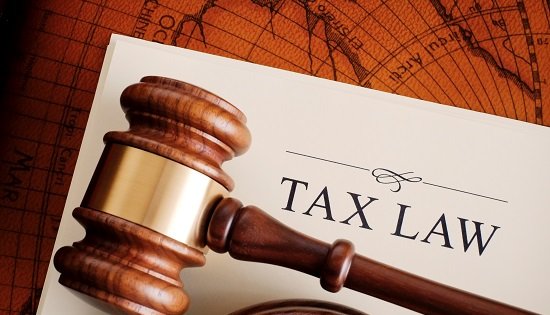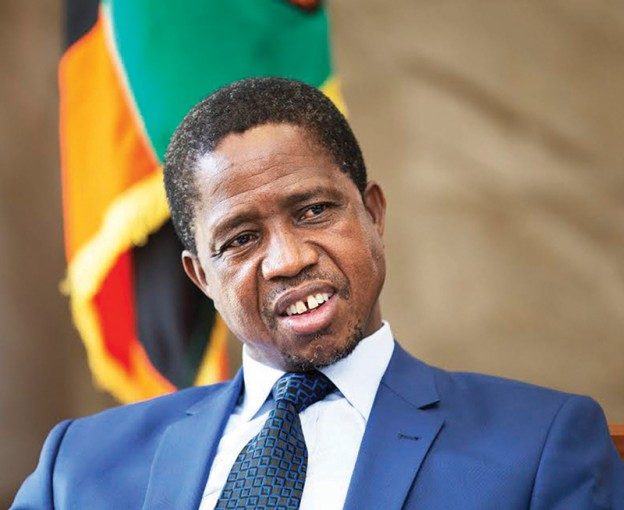Uganda Imposes 12% Tax On Internet Data With Effect From July 1, 2021
Already considered one of the most expensive in Africa, the cost of Internet access has increased further in Uganda. Despite consumer protests, the government remains stoic in meeting its financial targets that will help pay off public debt. To this effect, the Ugandan government has imposed a 12% excise tax on data plans.

The 2021 excise tax bill, in which this new tax appears, tabled on April 1 by Finance Minister Matia Kasaija, was adopted on Thursday April 29 by the Ugandan Parliament. The new tax officially comes into effect on July 1, 2021.
Here Is What You Need To Know
- Through this tax, which is part of a series of fiscal measures adopted — including the introduction of a tax of 100 shillings (0.028 USD) for a liter of fuel — the government says it wants to increase its revenues which will help to mop up the public debt.
- By December 2020, Uganda’s total public debt had reached a record 65.82 trillion shillings (US $ 18.4 billion).
- As of December 2019, it was 49 trillion shillings.
- It increased by 16.82 trillion shillings due to increased government borrowing.

The Implications Of The New 12% Data Tax Regime
The data tax follows the failure of the tax on over-the-top (OTT) applications — WhatsApp, Twitter, etc. — introduced in 2018.
In the second quarter of 2020, while the number of mobile Internet subscribers was 18.9 million, the Communications Commission (UCC) estimated that only 11.3 million subscribers paid the tax on OTT.
The rest of the users have switched to virtual private networks (VPNs) to stay out of sight of the government.
With an excise duty of 12% on any internet package purchased, access to connectivity is set to be more expensive for Ugandan consumers, who criticized the move, saying it is a drag on the economy at a time when the Covid-19 pandemic has made online services even more essential.
According to the report “Worldwide mobile data pricing 2021: The cost of 1GB of mobile data in 230 countries” from Cable.co.uk, Uganda is the 19th country in Africa with the most expensive average cost per Gigabyte, or 1.56 USD.
Uganda data tax Uganda data tax
Charles Rapulu Udoh

Charles Rapulu Udoh is a Lagos-based lawyer who has advised startups across Africa on issues such as startup funding (Venture Capital, Debt financing, private equity, angel investing etc), taxation, strategies, etc. He also has special focus on the protection of business or brands’ intellectual property rights ( such as trademark, patent or design) across Africa and other foreign jurisdictions.
He is well versed on issues of ESG (sustainability), media and entertainment law, corporate finance and governance.
He is also an award-winning writer





